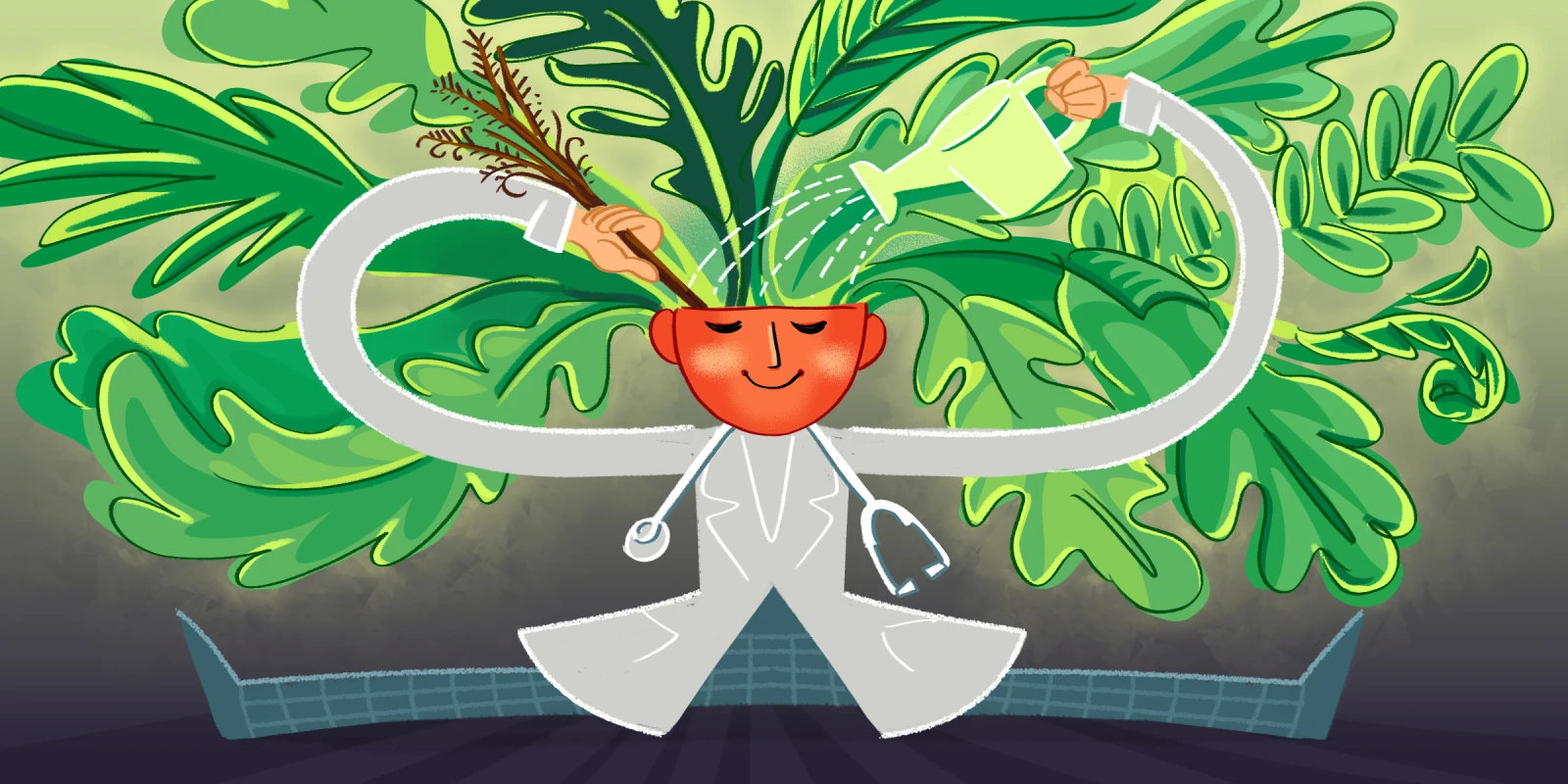My daughter laughs in the bathtub with her pink pony. I sit watching as she swims surrounded in warm water, unaware of the collective weariness I feel, we feel, the world feels. It is not simply grief. It is not a lack of professionalism. It is a hidden pandemic. We are in a war for lives — the lives of physicians.
Before COVID-19, suicide was two times more common in physicians than in the general public. Simply put, our profession increases our odds of death by suicide. We start medical school healthier than the general population and leave desiccated — hollowed out. But it doesn’t have to be that way. And it shouldn’t be that way.
I understand what that is like. I have had thoughts of suicide invade me. I have sought help and can confidently say that I am healthier today because of this help. And yet, we are often discouraged from getting help. We are also discouraged from sharing our stories. But we need to make mental health services more accessible and less stigmatized for health care workers, especially in a pandemic where burnout is on the rise.
Mental well-being is now a mandate. In 2017, the Hippocratic Oath was changed for the first time since 1964. It now includes the following: “I will attend to my own health, well-being, and abilities in order to provide care of the highest standard.”
The Oath created duty. And this duty also created a heavy burden of responsibility and diminished the very humanity of the giver. Physicians were seen as superhuman. Look at the language used about “health care heroes” when the pandemic first started. But we are not. Our limitations must be accepted. We are human.
I have seen this humanity, this struggle, in others. During a recent procedure for my preschool daughter, I encountered two physicians.
The first physician greeted me with a smile. They looked me in the eye and saw me — a person, more than a number. They stood comfortably in their shoes with their hair combed and a sparkle in their eye.
But the other physician didn’t look at me. They stood painfully in their shoes with disheveled hair and dull, unseeing eyes.
Imagine a world that expected, even welcomed, health care workers to access mental health services. And yes, I mean access mental health services and not “have access to.” Too often the barrier is accessing the services themselves. What would it be like if it were the norm? A world where this “unseeing” physician could get the help they deserved and not plod on year after year after year. And even the “seeing” physician. Because we all know a smile can hide a lot.
Before this can happen, we need to change our language. Suicide is not something committed. It is a symptom of an illness. It is a death — a death by suicide. And this matters because it changes how we think about the crisis, changing it from a crime to the end of a treatable illness.
Support at all levels is needed to bolster the well-being of health care professionals. This means training programs and employers need to create robust resources for mental health care services. Mental health care services that are easily accessible, reliable, and not punitive. This means state licensing boards review their application process and amend it. Currently, many licensing boards ask overly broad questions, stopping health care professionals from accessing help available to them. This is true for nurses as well as physicians.
And why now? Because this worldwide crisis of COVID-19 has weakened an already stressed system. Physicians practicing in the U.S. were already particularly susceptible to depression and death by suicide. One million Americans lose their doctor by suicide a year. We need to acknowledge our collective weariness and move toward collective wellness. We need to make our bed, expect to put on our seat belt, and learn how to put on our oxygen mask first.
We need to have our humanity honored and our hidden pandemic seen for what it is — a systemic illness. Using the right words matters. Barriers to accessing mental health support must be eliminated.
If you have ever despaired, know you are not alone. And know there is hope. There is hope because there is treatment. There is hope because we are talking about it — right now. Shame lives in the dark corner and shirks from the daylight. There is hope because the system is changing. The President of the AMA wrote an article acknowledging the imminent need for change. Multiple health care organizations stand with The Joint Commission in the call to remove “any barriers that inhibit clinicians and health care staff from accessing mental health care services.”
I am hopeful our profession can be healthier. We can be healthier. You can be healthier. But we can not do it alone.
How can we move from collective weariness to collective wellness? Please share your thoughts below.
Illustration by April Brust




